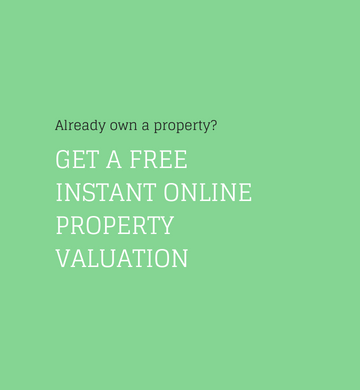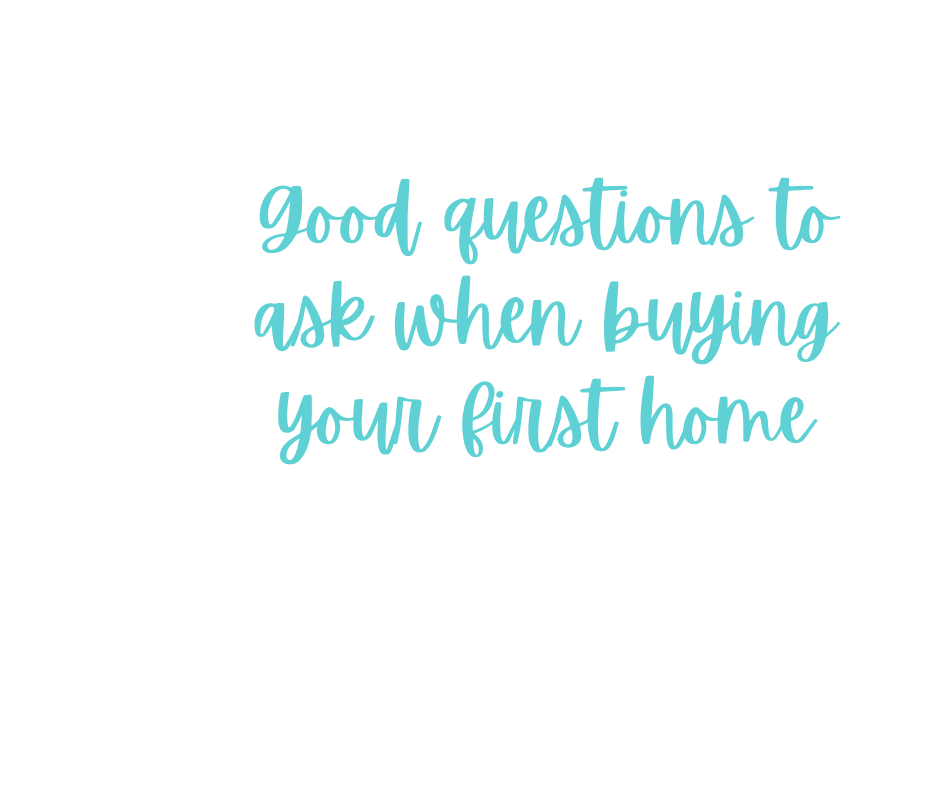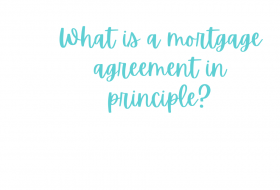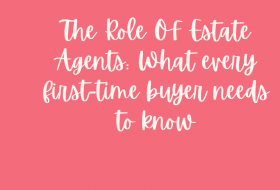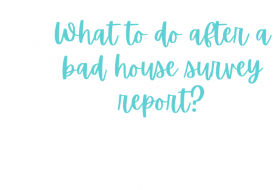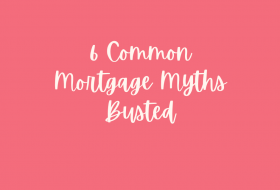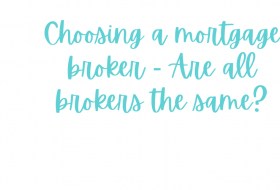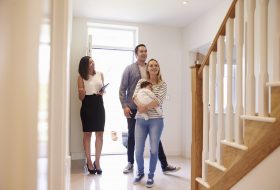Buying your first home is a big deal! It’s both exciting and nerve-racking at the same time. There is so much you need to know, lots of information to take on board and some daunting decisions that need to be made.
Often things can happen really fast and this can lead to feeling overwhelmed or afraid. After all, you have probably waited a long time to get to this point.
And let’s not forget it is a pretty exciting time too.
Before you start viewing properties, it’s a good idea to do some preparation. Asking questions as you go through the process will help you take stock of where you stand and help you to decide if this is the right property for you.
And, once you are ready, how to best play the negotiation phase which comes after you decide you want to buy.
What do you need to ask yourself?
Let’s highlight some of the important questions to think about when buying your first home:
- The first question is, are you ready to buy?
It can be really expensive to move within a few years. It’s worth thinking about what you want from a home, and asking yourself whether now really is the right time?
Once you’re sure it’s time to get on the property ladder, you’ll want to check that your finances are in order. Being financially ready is important; it stops you from wasting time looking at properties you can’t afford or starting your search too early. It also means you can focus on finding a home, knowing your finances are in place and ready to go.
If you’ve saved a deposit and have a rough idea of how much you can afford to spend, it’s a good time to talk to a mortgage advisor. The best mortgage advisors will explain the mortgage process and check that you can definitely borrow what you want. Once you find a home they will also help you find the best mortgage deal and help you apply. If you are still unsure about getting mortgage advice our mortgage adviser matching service can help.
- The next question is do I want to get a ‘Mortgage agreement in principle’?
Before letting you view the most popular properties some estate agents will want to check whether you can afford them. A mortgage agreement in principle is a quick way of proving this without having to chat to their mortgage adviser.
Remember, you get to choose which mortgage route suits you. Don’t feel pressured to talk to their in-house advisors if you don’t want to. For more information on things to be aware of when dealing with estate agents, read ‘Estate agents – what to expect as a first-time buyer’. - Have you decided what you want and need from your first home?
Chances are if you are going to see a property you really like then there may be other parties going to look at it too. This could mean you feel under pressure to make a decision quickly. A good way to avoid this is to list what you want and need from your new home before you start looking. This way you have something to refer to at each property you visit to keep you on track. If you are still narrowing down where you want to buy, you might find this article useful: How to find the right area to buy your first home. - Do you know enough about the house buying process?
Doing some research to understand the buying process before you find your perfect home means you’ll know what to expect. That way you can take control of the process for yourself and avoid being taken advantage of. It will also give you more confidence when dealing with estate agents and other people in the buying process. Spend some time learning and understand what to expect so you feel prepared.
What to ask when it’s time to view properties?
Great, now you feel ready to buy, it’s time to start viewing properties
Let’s look at what you need to think about next.
Looking at properties is the fun part. Now you get to explore different properties and work out what your dream home really looks like. It’s time to get off those websites and do some viewings.
Buying your first home is a big decision and investment. You’ll want to make sure that you ask the right questions to help decide which is the right home for you.
There are lots of things you need to check when viewing your potential first home. After all, you want to make sure it doesn’t give you any expensive or nasty surprises. However, it can all get a bit much to take in at once.
Our handy quick viewing checklist will help you get clear on the main things to consider:
- Research the area
The area can play a big part in how much you enjoy your home, how safe you feel and how close you are to things that matter to you. Good questions include:
Is it the right location? Is it easy to get to work? What are the travel links like? Where are the shops, local amenities, schools? Do you like the neighbourhood? Are the roads busy? What’s on the doorstep that could impact your daily life? Will it give you the lifestyle you want?
- Check this is the one
It’s easy to get caught up in the emotion and pressure and end up regretting buying your first home. To help, ask yourself some questions to be sure this is a good decision:
Does it offer everything you wanted from your first home? Is there anything that you have to compromise on and are you happy to do this? Before you decide, walk the neighbourhood, visit at different times of the day, talk to people and do some online research about the area to see if there are any red flags.
If you are certain it’s ‘the one’ take a step back and think about the next five years. What are your plans? If you are thinking about marriage, children, pets or changing jobs will you need to move again? Moving can cost you thousands of pounds, so you might want to find a property that means you won’t have to move if your life does change.
- Check for problems
The last thing you want to buy is a property with lots of hidden problems or expenses. As an inexperienced buyer it can be hard to know what to look for. These questions are a good start:
Does the property need work? Check the windows, central heating system and boiler. Are there any signs of mould? Does the kitchen or bathroom need replacing? Could you afford to have the work done straight away, or could you live with it until you can afford it?
- Compare the price
The property’s price will help you work out how much to offer and how quickly you need to act. If the property is really well priced it could get a lot of interest. Equally if it is overpriced you will want to try and negotiate a deal. Here are some questions to get you started:
How does the price compare to similar properties in the neighbourhood? If it’s considerably more or less than other properties you will want to find out why. Have any work or improvements been done that are reflected in the price? Are prices rising or falling in the area?
- Ask questions
Don’t be afraid to ask lots of questions about your new home. The more you can find out, the less chance of a surprise later on. Some good examples include:
What’s included in the price? Are the white goods (dishwasher, washing machine, fridge) staying? What about the light fittings, curtains and curtain poles? Knowing exactly what you are buying will help you avoid unexpected costs when you move in.
What are the average monthly running costs? Council tax and utility bills can vary quite significantly between properties, and if you need to live to a budget, you want to be sure you can afford them.
Is there anything about the property or area you should know about? The estate may not be completely honest, so read between the lines and do some more digging if needed.
- Understand the seller and interest levels
When you find a property you love, it’s important to determine the seller’s situation. There are two reasons why you want to understand the seller.
The first is to know how long your sale could take. Some sellers are yet to find another home, which could mean more delays for you.
The second is to know how to play your offer. This is the part where you try to negotiate on the price, or not, depending on how much interest there is in the property.
Good questions include:
- Why is the seller moving? Of course, they don’t have to tell you, but it is useful to know if there are any problems or issues with the property or neighbours.
- How soon do they want to move? If they want to move quickly, they will be looking for buyers that can move fast too. Having a Decision in Principle and Solicitors ready to roll once an offer is accepted will help in this situation.
- Is the sale part of a chain? A long chain often means it will take longer for your purchase to go through, while a smaller chain usually means a quicker sale.
- Has there been much interest in the property? Are there any other buyers interested or have there been any offers? What price are the sellers looking to achieve? You might not get all the answers you want, but it’s worth asking.
Bring all this information together and you will be one of the best informed and prepared buyers around.
We’ve given you some of the main areas to think about to get you started
If you’d like a full list of questions and things to check when going to see a property, then take our ‘house viewing checklist’ with you.
And, if you are looking to build up your knowledge further then we can help. Get help to tick each of these things off your list, by checking out our range of coaching services designed especially to support first-time buyers who are information seekers.

